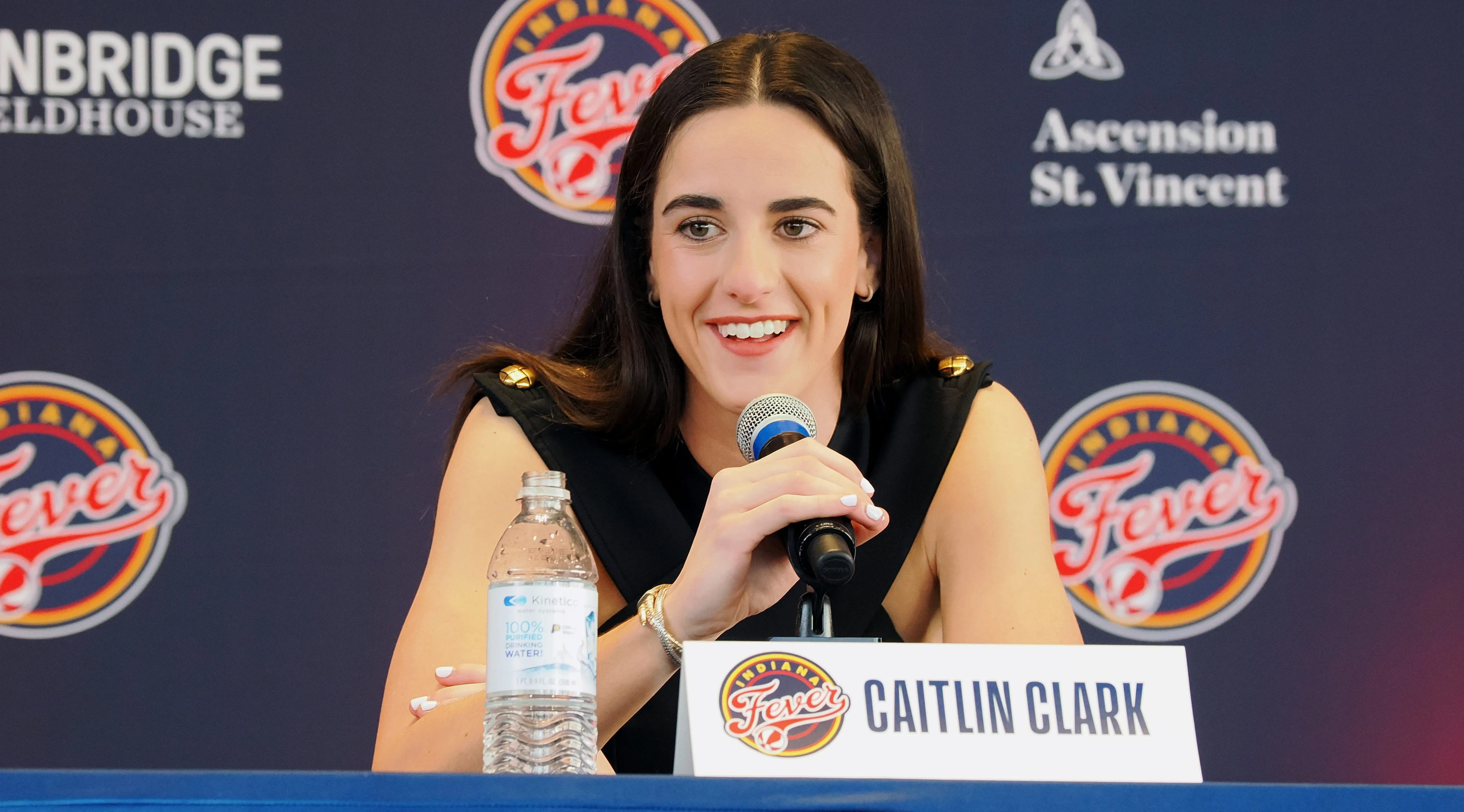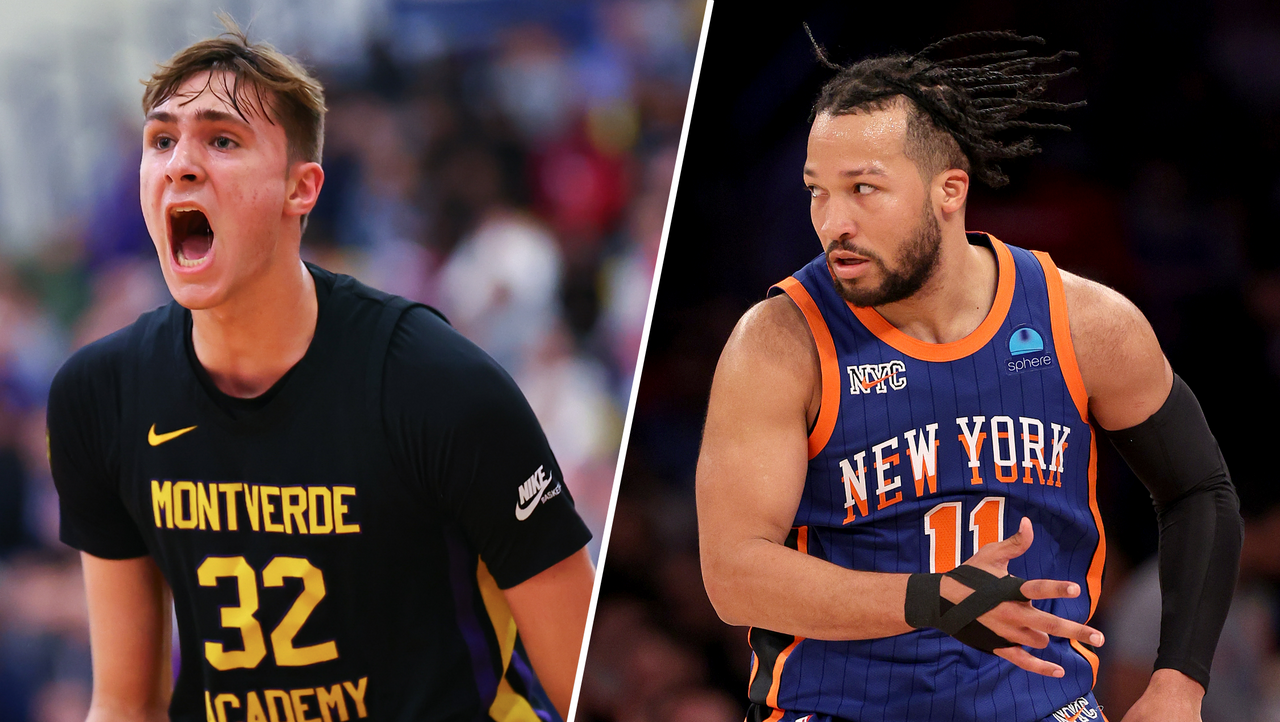Some of the biggest Selection Sunday snubs originally appeared on NBC Sports Chicago
For many mid-tier basketball programs, they live for Selection Sunday. The opportunity to pack an arena with fans and celebrate the chance to compete in the sport’s biggest game on the college stage.
That is, unless things don’t quite go your way. Every so often, there’s a handful of teams who either barely miss out from the bubble or are just downright blindsided by the Selection Sunday Committee’s decision to exclude them from March Madness.
Feeling out of the loop? We'll catch you up on the Chicago news you need to know. Sign up for the weekly Chicago Catch-Up newsletter here.
Who might fall victim to that next and what surprises might Sunday’s programming bring?
Here are some of the biggest Selection Sunday snubs in March Madness history.
Utah State (2003-04)
Sports
Stew Morrill built an impressive program at Utah State, but one of the more enduring legacies of his 17-year tenure was in 2004 when the Aggies became the first ranked team to miss out on the NCAA Tournament.
In 17 years under Morrill, the Aggies posted the fourth-best win percentage, behind only Duke, Kansas and Gonzaga. They led the Mountain West in tournament appearances with 20 and established themselves as a force down the stretch of the regular season.
The 2003-04 season was no different. After climbing to No. 19 in the polls by mid-February, Utah State wrapped the season ranked No. 25, virtually guaranteeing them a spot in the Big Dance.
Selection Sunday came around, however, and the Aggies found themselves on the wrong side of history when they became the first ranked team to be left out by the Committee.
SMU (2013-14)
Only one other team has fallen victim to the Utah State curse -- SMU, a decade later.
The Mustangs posted three wins over ranked teams, including a 21-point routing of No. 7 Cincinnati in early February. They lost their last two regular-season games to ranked opponents and finished with a No. 25 ranking heading into the postseason.
Unfortunately for Larry Brown’s squad, an early exit to Houston in the quarterfinals of the AAC Tournament found them on the outside looking in on Selection Sunday.
Richmond (2001)
The Spiders have earned the title of “giant killer” in March, with several notable tournament upsets to their name. They didn’t even get that chance in 2001, largely due to a technicality.
In its final season with the CAA, Richmond won 10 of its final 11 games en route to a regular season conference championship. However, their impending departure for the Atlantic-10 kept the Spiders from competing in the conference tournament, denying them an automatic bid.
That proved costly as the Committee elected not to award them an at-large bid, instead sending them to the NIT.
Virginia Tech (2009-10)
Seth Greenberg spent much of his nine seasons with the Hokies flirting with the NCAA Tournament, he might as well have bought real estate on the bubble. Under Greenberg, Virginia Tech posted seven seasons above .500 but only one NCAA Tournament appearance to show for it. Of his five trips to the NIT with Virginia Tech, perhaps none were as controversial as 2010.
Led by Malcolm Delaney -- the leading scorer in the ACC that season -- Virginia Tech finished 4th in the ACC, boasting wins over ranked Wake Forest and Miami (FL). The Canes eventually mounted a major upset and got the better of the Hokies in the quarterfinals of the ACC Tournament, ending their NCAA Tournament bid.
To add insult to injury, the ACC got a total of six teams into the tournament that year, three of which finished behind the Hokies in the regular season conference standings.
Drexel (2011-12)
On paper, it seemed hard to deny Drexel a trip to the NCAA Tournament. The Dragons won 25 of their final 27 games heading into the tournament and a regular-season CAA championship. Ultimately, the eye test didn’t hold up with the lone CAA nod going to the automatic conference tournament champions, VCU.
The Rams, fresh off a thrilling Final Four run the season before, finished second to the Dragons in the regular season, losing the head-to-head matchup in January. But Shaka Smart’s team rose to the occasion when it mattered most, sealing a narrow conference tournament victory over Drexel and punching their ticket to March Madness.
The controversy wasn’t over whether or not the Rams should’ve been in the tournament. Their automatic bid speaks for itself. Rather, why could the Committee not find space in the bracket for a team with nearly an identical resume from a solid conference?
Arizona State (2007-08)
If it weren’t for this snub, NBA All-Star James Harden might have been one-and-done at Arizona State.
The Sun Devils exceeded preseason expectations, finishing tied for fifth in the Pac-10, a conference that saw six teams advance to the Big Dance. This was largely due to Harden’s freshman campaign where he averaged 17.8 points, 5.3 rebounds and 3.2 assists. That potential didn’t prove to be enough for the Committee who instead sent them to the NIT and kept Harden from jumping to the league.
Harden later returned the following year and won Pac-10 Player of the Year and consensus All-American honors en route to a conference runner-up for Arizona State.
USC (2018)
Statistically, their resume checked all the boxes. The Trojans finished second to Arizona in both the Pac-12 regular season standings and the conference tournament. With an RPI of 34, they were the highest-ranked team excluded from the NCAA Tournament since the field expanded to 68 teams in 2011.
So was this just a case of unfortunate luck? Maybe…or maybe not.
USC just so happened to be one of seven teams initially named in an FBI probe of college basketball regarding bribery and corruption. Trojans’ assistant coach Tony Bland, who was fired in January 2018, eventually pleaded guilty to conspiracy to commit bribery.
Meanwhile, the University received two years probation that included $5,000 in fines and a 1% decrease of the program’s budget in addition to several self-imposed recruiting limitations such as a loss of two scholarships in 2018-19. With no postseason ban in place, Andy Enfield coached the sixth-seeded Trojans to the Elite Eight in 2021, their strongest finish since 2021.



